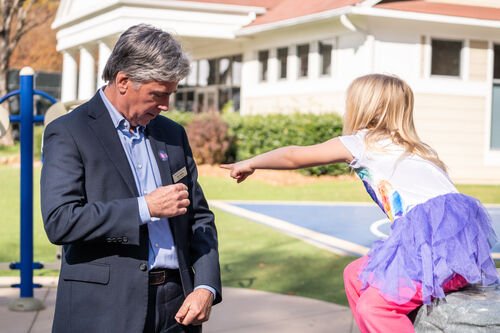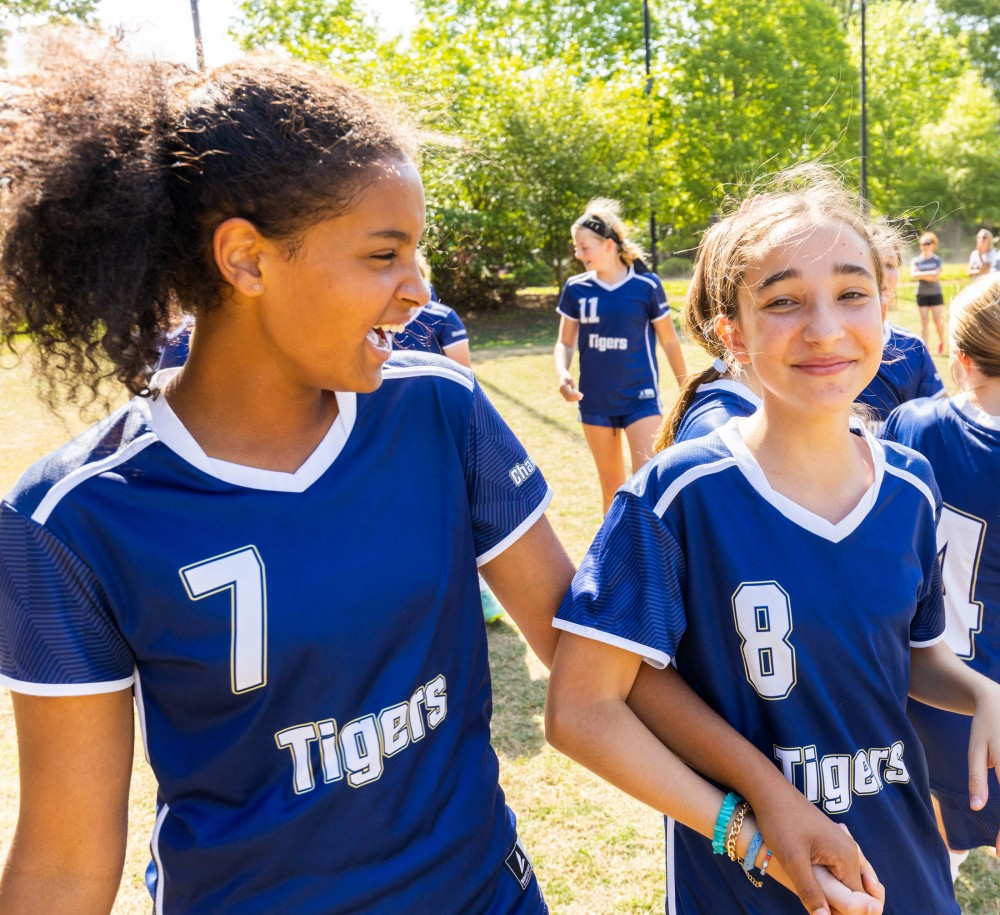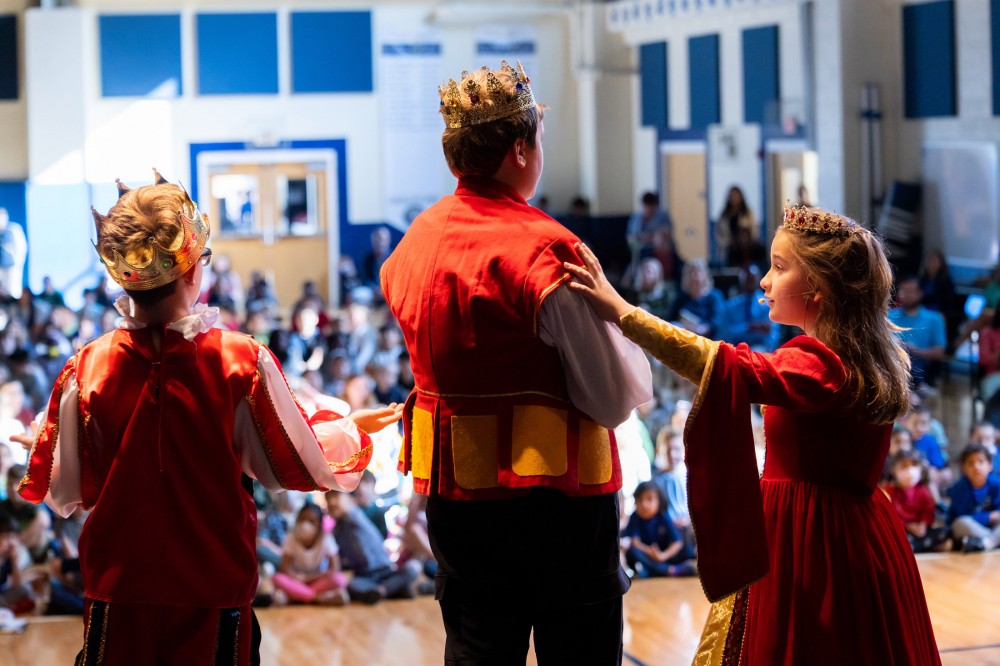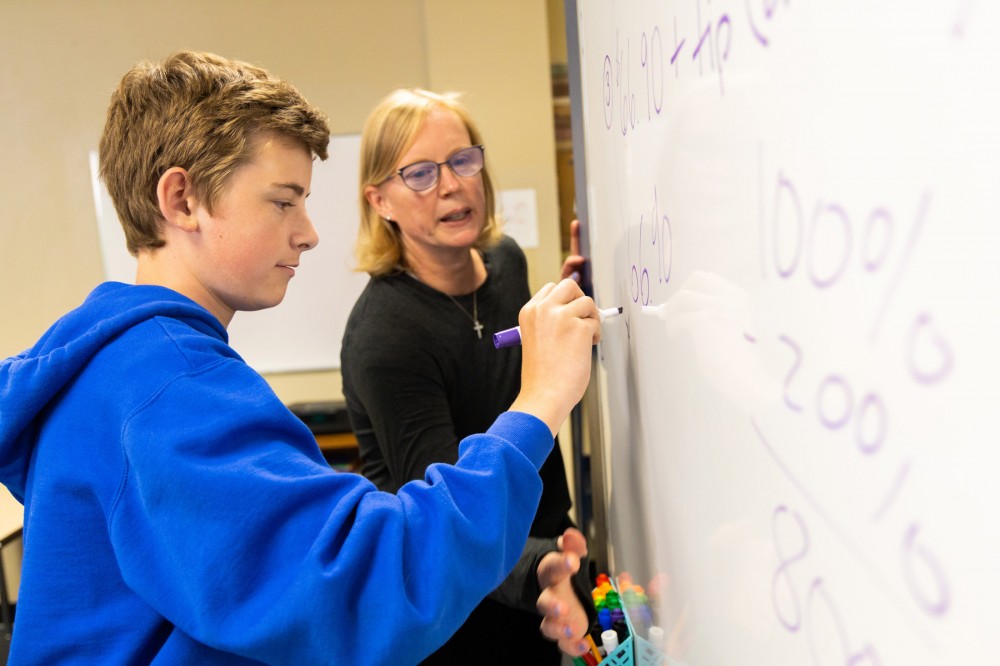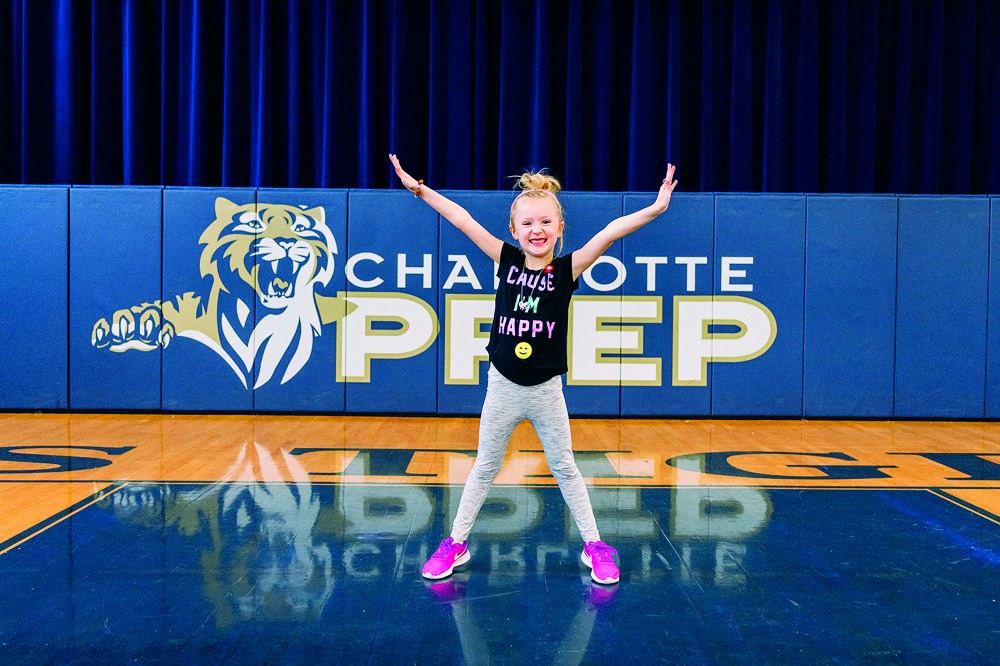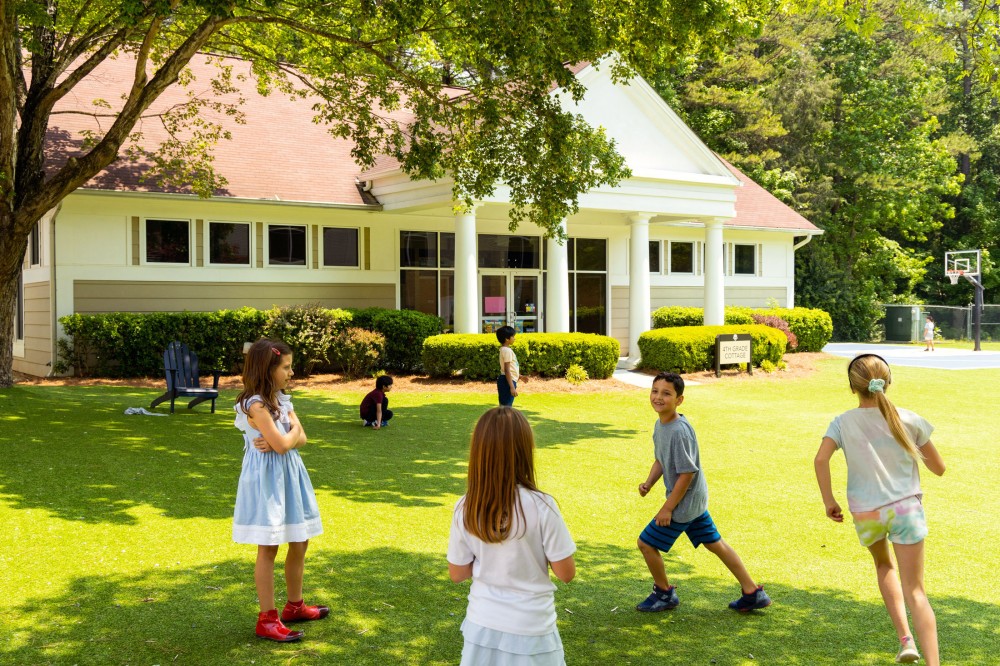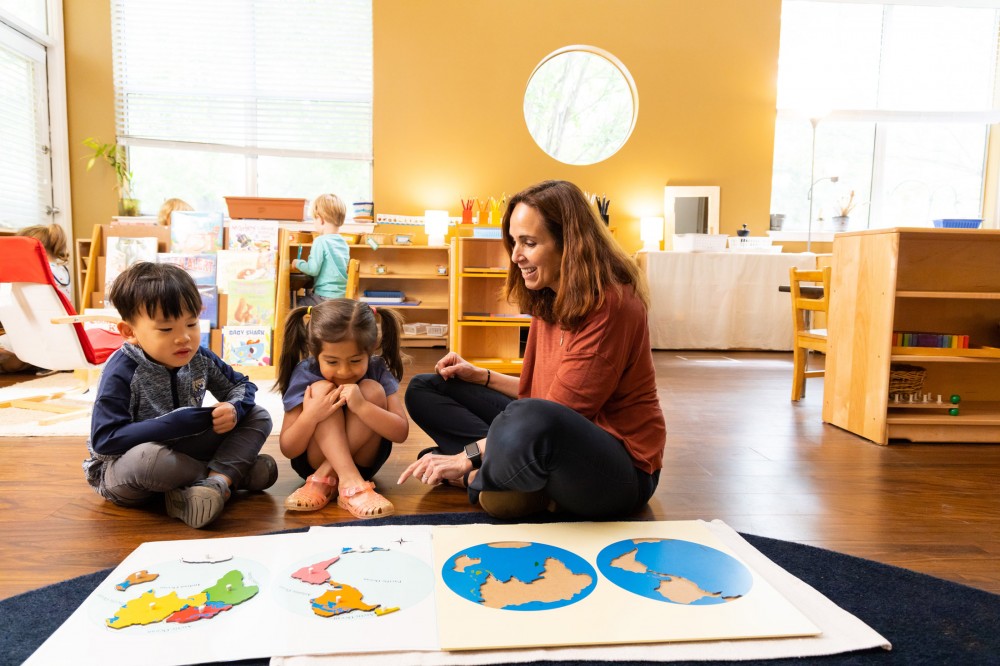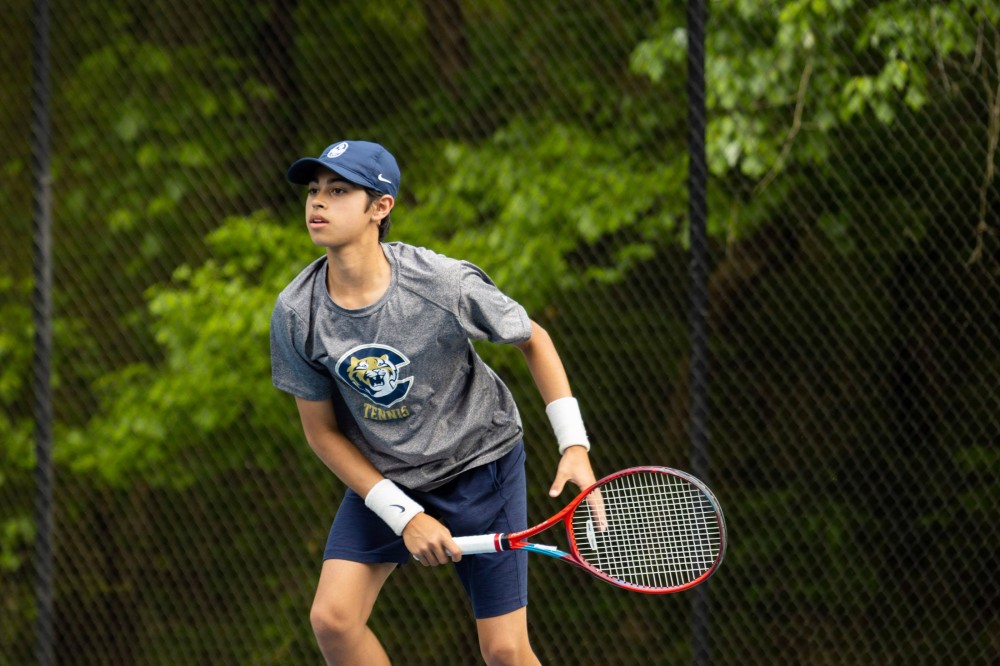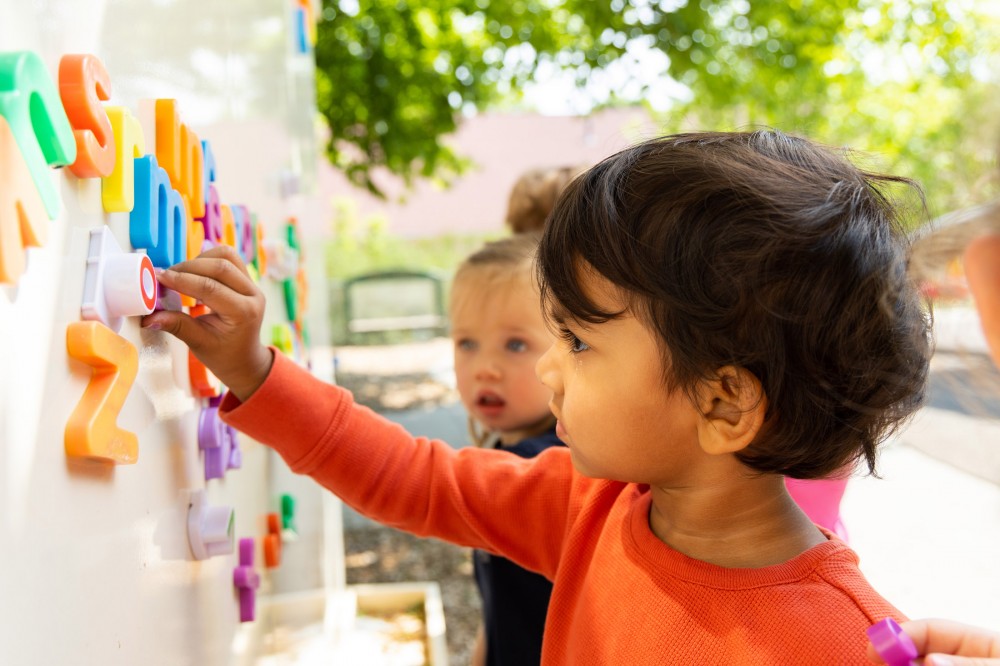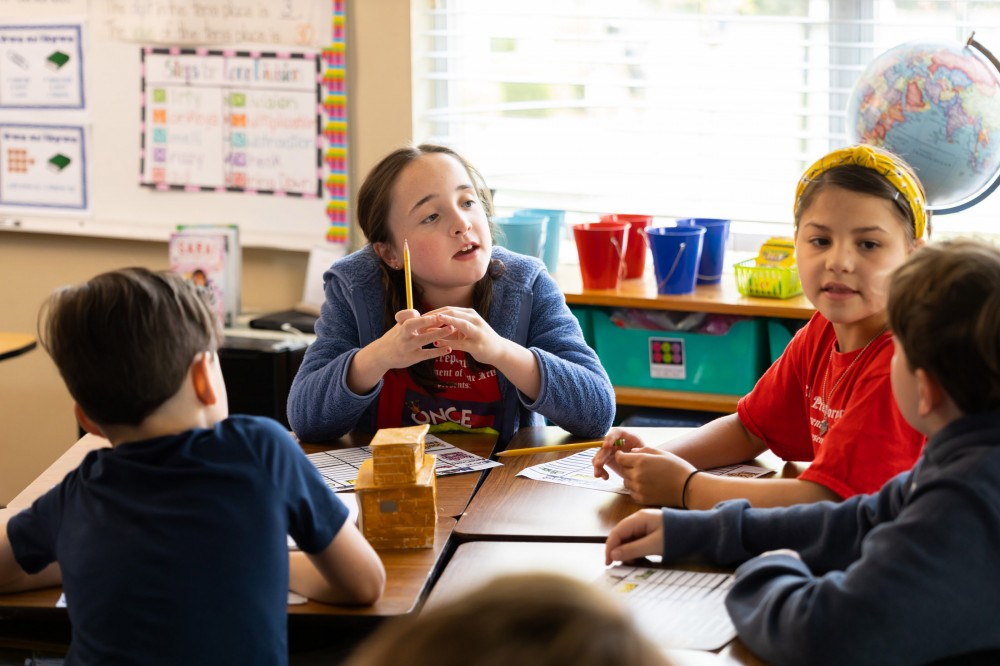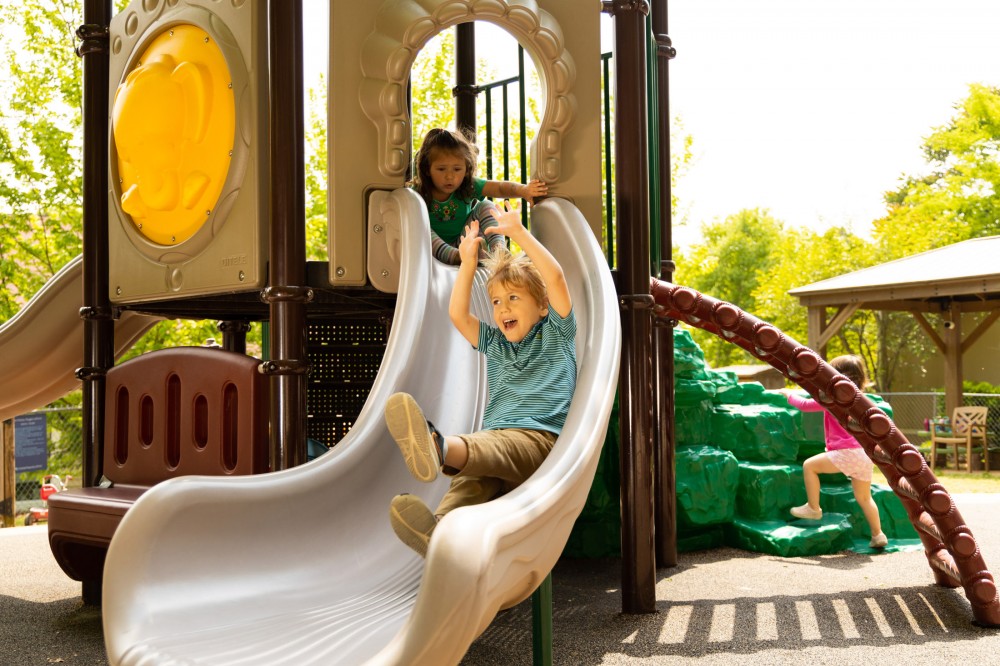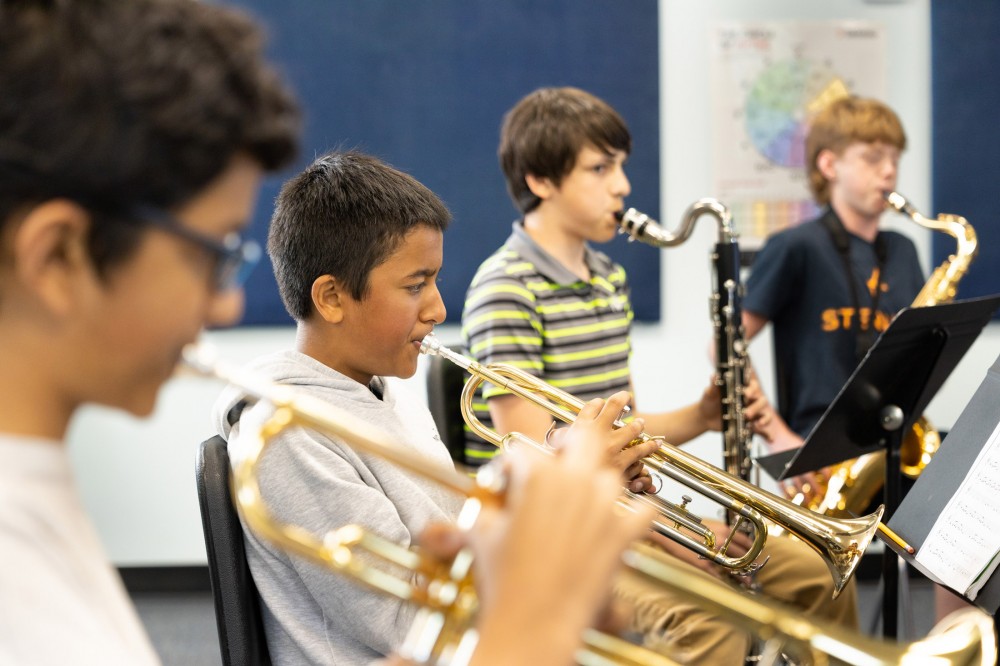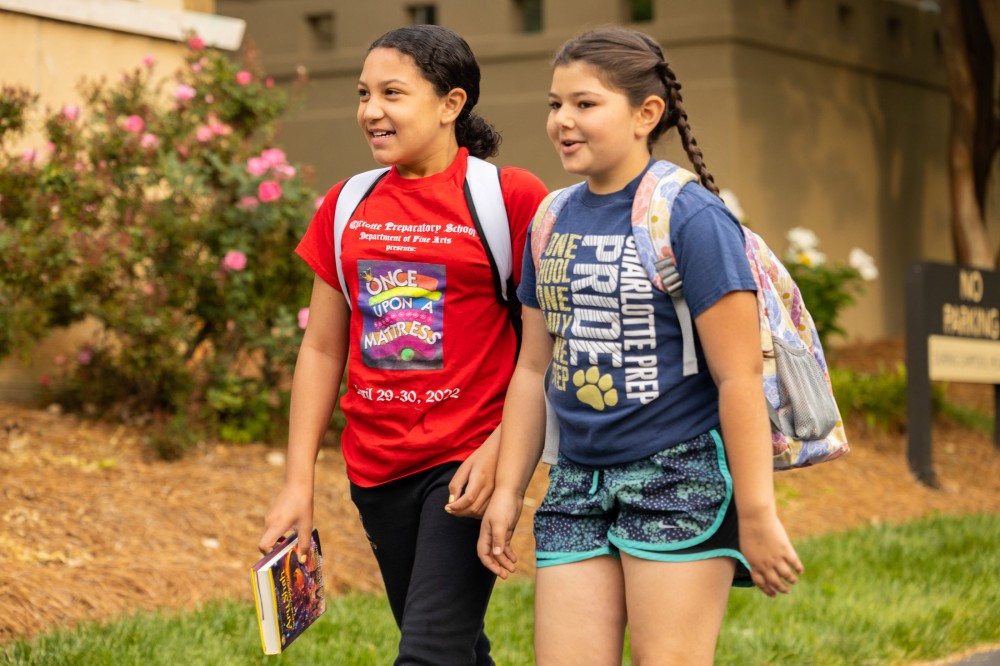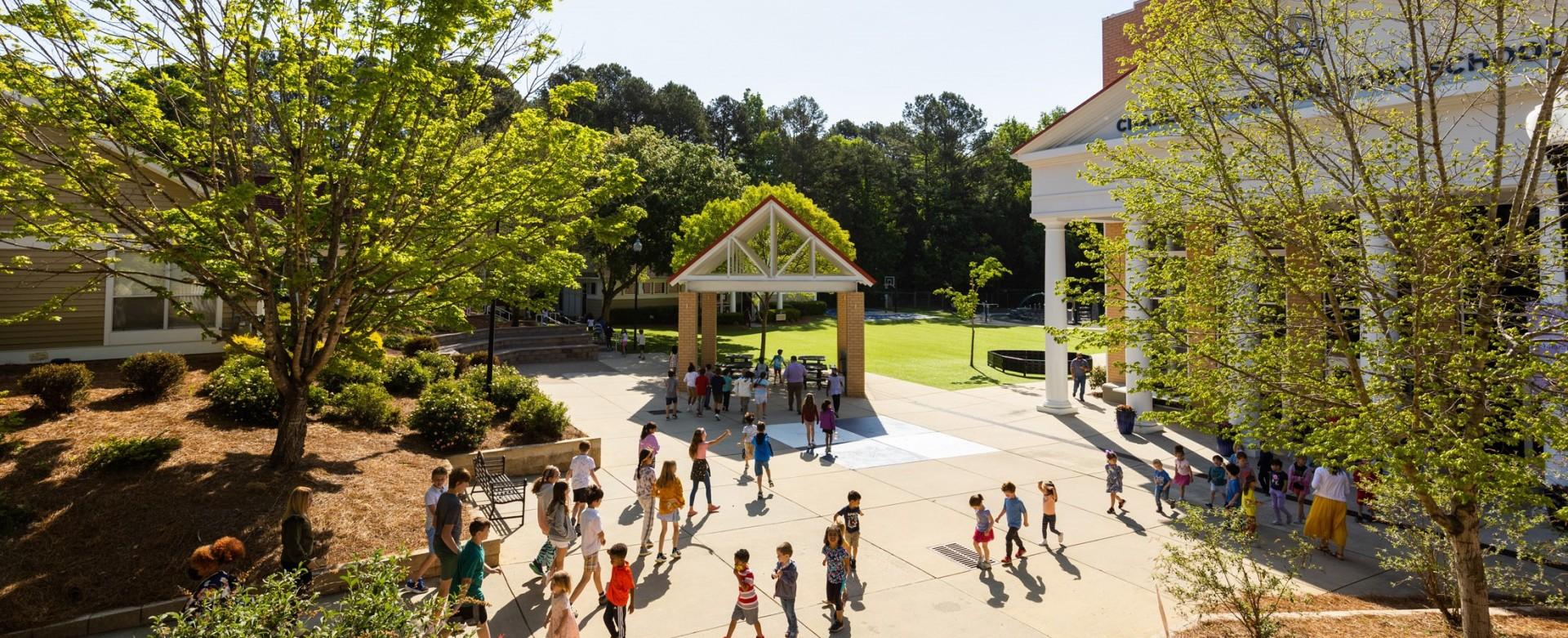A Timeless Lesson
January 25th, 2024
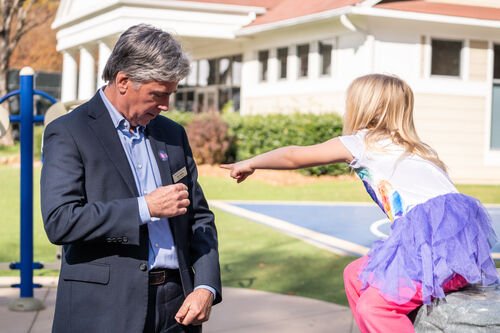 Recently, one of our six-year-old students asked me how old I was. Being the wily older person I am, I turned the tables and asked this student how old he thought I was. He said seven or eight. He also noted that his mother is forty. I could only smile and take great delight in this student’s understanding of age and time. I did not want to burst his bubble and tell him that I am, in fact, much older than his mother, but he lost interest in the question anyway and moved on to another subject.
Recently, one of our six-year-old students asked me how old I was. Being the wily older person I am, I turned the tables and asked this student how old he thought I was. He said seven or eight. He also noted that his mother is forty. I could only smile and take great delight in this student’s understanding of age and time. I did not want to burst his bubble and tell him that I am, in fact, much older than his mother, but he lost interest in the question anyway and moved on to another subject.
This encounter reminded me of the developmental realities of children and how limited their understanding of time and its passage is. But isn’t this the way it should be? Children are, by their very nature, focused intently on the here and now. While there are occasions when children are acutely aware of time (birthdays, long trips, holidays), time for them is largely abstract and is nothing like the relationship adults have with time. We tend to be controlled by time; children, not so much. We are mindful of the past and future; children, again, live in the moment.
As I get older, I find my own conception of time shifting and becoming more childlike: I try to be more aware of the present moment. I try to shift my perception of time and be conscious of things that are fleeting (the lifespan of a butterfly) and ancient (the age of the Great Smoky Mountains). This helps put my own experience of time in a healthier and more realistic perspective.
I often regard children as exemplars of how to approach life. They are refreshingly present to the here and now, to what is real and often most important. The start of the new year is a moment to reflect on time and its passage – and how we might adjust our use of it in the coming months. Perhaps having a conversation with a child can be instructive to this end!
More News from Charlotte Prep
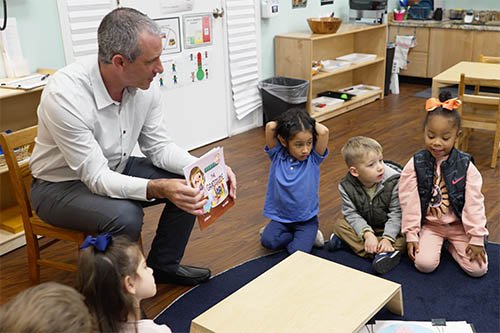 Nov11A Season for Gratitude
Nov11A Season for GratitudeAs we welcome this season of giving thanks and giving back, I couldn’t help but draw parallels between the themes The Gratitude Jar and our mission at Charlotte Prep.
See Details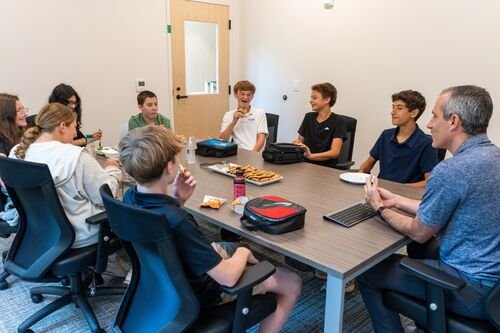 Oct23Building a Culture of Feedback
Oct23Building a Culture of FeedbackSince I arrived at Prep, I have been pondering the question: how does a head of school help build a robust school culture? I believe one of our most powerful tools for this purpose is fostering a continuous feedback loop that includes our students and faculty.
See Details Sep25First Impressions: What does community mean at Prep?
Sep25First Impressions: What does community mean at Prep?In my first month, I have conducted over thirty 1:1 meetings with faculty/staff, had lunch with nearly every 8th grader, and attended countless Prep events in search of the answer to the question “What does community mean at Prep?”
See Details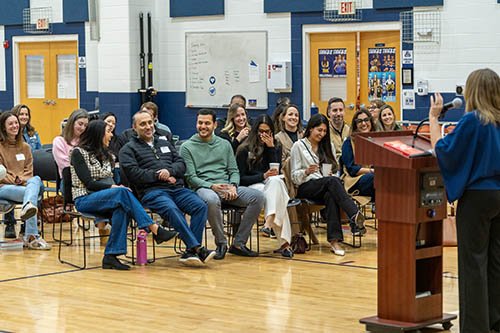 Sep10A Community of Lifelong Learners
Sep10A Community of Lifelong LearnersAt Charlotte Prep, parents are an essential part of the circle of learning. Just as we encourage students to be lifelong learners, we invite parents to embrace learning.
See Details

